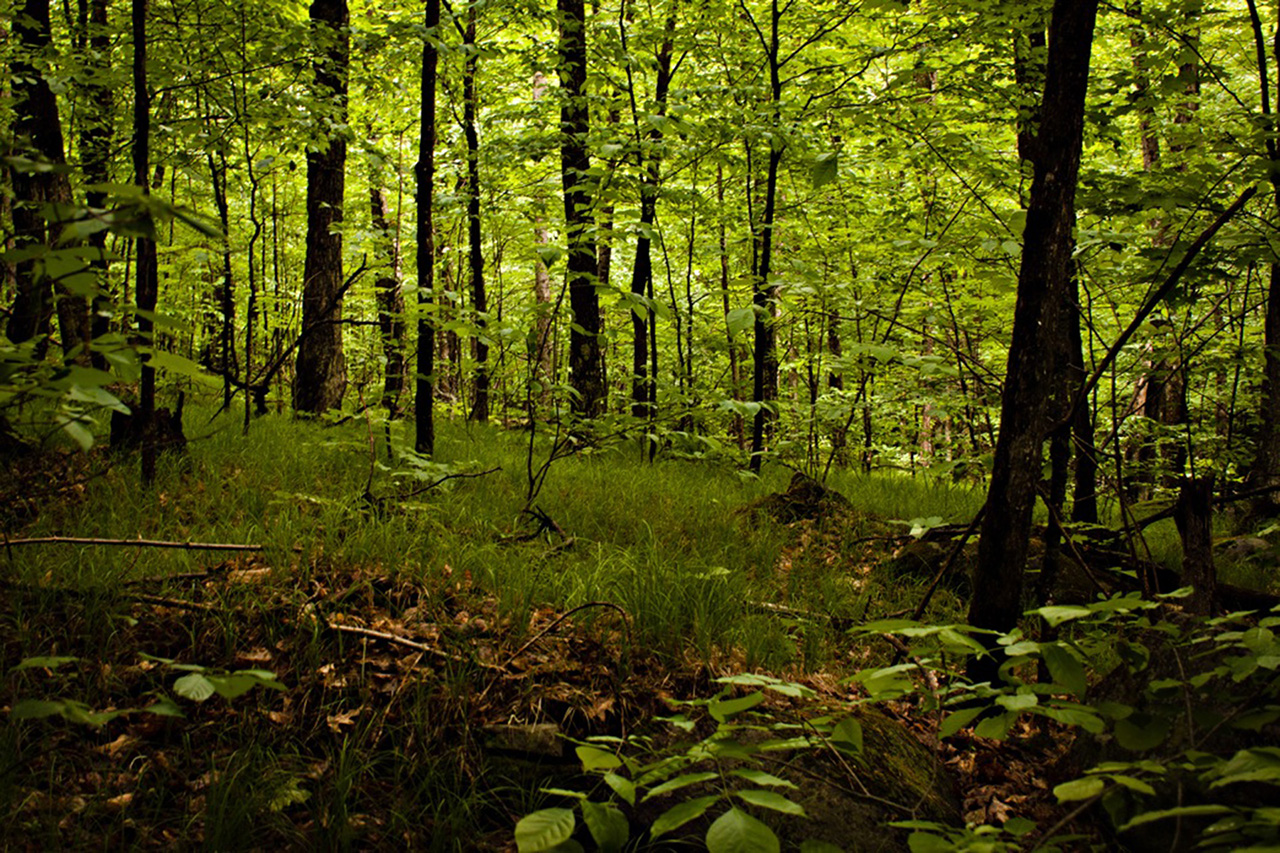Dear all,
Thank you for such a magnificent start to the new academic year. Everything about the last two weeks and especially the first three days with students has demonstrated an immediate engagement with our mission and vision. Greeting and talking to students at the front gate has been such a positive experience as the majority wanted to be back at school and said they thoroughly enjoyed their first few days back in classes. Not many schools can boast this degree of enthusiasm for going back to school at the end of a long vacation. Well done for creating this welcoming and engaging environment.

http://mmlt.ca/protecting-nature/our-protected-properties/rose-hill-nature-reserve/
This week's Food for Thought is aimed at drawing your attention to a concern going back a few years regarding the provision of vocabulary that narrows students horizons and interests to the world which they are experiencing every day rather than the wider world which they could experience.
Preparing for the future will usher in changes to our lives and the skill that are needed but we will need to be careful to not over react and dismiss all the good things that existed in the past and that should accompany us into the future. There is definitely a need for balance. Nature and how we perceive it is one of these areas. As Richard Louv pointed out in his classic, Last Child in the Woods, it is important if we are to protect our environment that children today, and in the future, maintain a connection with nature. If not he argues we will be facing a crisis of nature deficit disorder and future generations will question the need to protect our environment. Just because children today appear to spend more time indoors with technology, than outdoors in the wild of nature, doesn't justify the changing vocabulary available in modern children's dictionaries over the past few years. If anything affirmative action should be taken to support words associated with nature so that children can ask questions about nature and want to explore it more.
Here are some of the words that have been removed from the Oxford
Junior Dictionary over the past few years that caused a storm amongst many renowned authors:
acorn, adder, almond, apricot, ash, ass, bacon, beaver, beech,
beetroot, blackberry, blacksmith, bloom, bluebell, boar, bramble, bran, bray,
bridle, brook, budgerigar, bullock, buttercup, canary, canter, carnation,
catkin, cauliflower, chestnut, clover, conker, county, cowslip, crocus,
cheetah, colt, corgi, cygnet, dandelion, diesel, doe, drake, fern, ferret,
fungus, gerbil, goldfish, gooseberry, gorse, guinea pig, hamster, hazel,
hazelnut, heather, heron, herring, holly, horse chestnut, ivy, kingfisher, lark,
lavender, leek, leopard, liquorice, lobster, magpie, manger, marzipan, melon,
minnow, mint, mistletoe, monarch, mussel, nectar, nectarine, newt, oats, otter,
ox, oyster, pansy, panther, parsnip, pasture, pelican, piglet, plaice, poodle,
poppy, porcupine, porpoise, porridge, poultry, primrose, prune, radish, raven,
rhubarb, sheaf, spaniel, spinach, starling, stoat, stork, sycamore, terrapin,
thrush, tulip, turnip, vine, violet, walnut, weasel, willow, wren
These
are words that have been added:
allergic, alliteration, analog, apparatus, attachment, bilingual,
biodegradable, block graph, blog, boisterous, brainy, broadband, bullet point,
bungee jumping, cautionary tale, celebrity, chat room, childhood, chronological,
citizenship, classify, colloquial, committee, common sense, compulsory,
conflict, cope, creep, curriculum, cut and paste, database, debate, democratic,
donate, drought, dyslexic, emotion, endangered, EU, Euro, export, food chain,
idiom, incisor, interdependent, MP3 player, negotiate, square number, tolerant,
trapezium, vandalism, voicemail
What does it say to you about how publishers view the future? Strange as there is so much research linking our well-being to nature and being outside in the countryside and yet here we are influencing our children's understanding of the wild by restricting their vocabulary. Here is a good article that encourages getting children into nature.
Here is what Terry Williams thought: "If we can remove words from a
dictionary that are so alive with meaning, and withhold them from our children,
removing what is alive in the world becomes easy. The wild is no longer part of
our vocabulary." Source: Terry Tempest Williams, The Hour of Land: A Personal Topography of America's National Parks
Lots for us to think about in the way we develop our balanced curriculum and learning environments.
Have a good Sunday,
Yours
Adrian

I was reminded of your post today when I came across the beautiful picture book, ‘Because of an acorn’ by Lola and Adam Schaefer, with illustrations by Frann Preston-Gannon. Because of an acorn a tree, because of a tree a bird, because of a bird a flower … and so on. An acorn isn’t only an acorn, a word isn’t only a word – they can both be the start of something amazing. What a shame to omit such powerful words. I will be reading this story to the children!
ReplyDelete